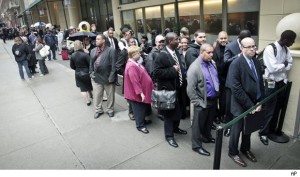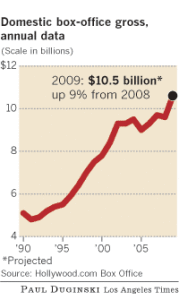Economists use certain indicators to measure the health of our economy. Some classic examples include gross domestic product, employment rate, and housing starts; however, something as emotional and personal as dating can also provide some surprisingly telling information about our economy.
People date because they are looking for their illusory “one.” This could be someone they will lean on in any situation, including times of economic unrest. In fact, Match.com saw a spike in their service usage during the last quarter of 2008, which was right in the midst of the Great Recession.
This could be explained by a number of factors, especially in the world of online dating. During recessions, people tend to have more time on their hands because they are working less, so they are more willing to invest time in finding love. Online dating also provides a way for people to filter out any possible duds before having to put in the effort of going out to meet them for a possibly unpleasant date. Singles are also likely to crave the comfort and stability of a relationship especially during hard times, so a recession could likely motivate them to begin their search for a mate. Having someone to relate to can absolutely take the stress off.
There are also some practical reasons that people want to have a partner. For many people, dating is an easy way to get a free meal or find new and interesting activities to participate in. Dating gets people outside of the house, and it is a nice distraction from what is happening at home or at work. Later on in the relationship, the couple can begin to share the unsexy necessity of paying the bills. Sharing expenses in the household is much more cost efficient than having to pay for everything yourself.
The financial benefits of having a spouse, like qualifying for certain tax deductions or saving on health insurance, are also some great perks to getting hitched. This is all way down the line though. What is important is that in order to reap all these benefits, people must first begin by simply dating and finding someone who can serve as their partner in crime in life.
It may not seem like it, but a recession might actually be the perfect time to find a partner because it may be easier to sift through those who are just after your money rather than your heart. Dating can become more about the actual person instead of a game in which one tries to impress the other with the expensive material objects or fancy meals. This can take the pressure off planning extravagant dates so the couple can appreciate simple pleasures like taking a walk or having a picnic.
Most people have an inherent desire to find love, and as bizarre but also expected as it might seem, this want gets pushed to the forefront in times of hardship. If dating can increase overall happiness, then I absolutely say go for it!



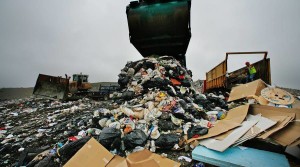
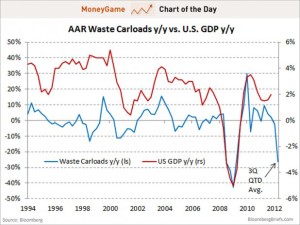
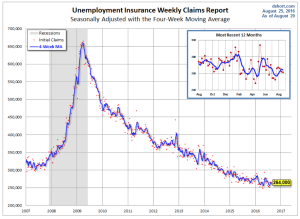
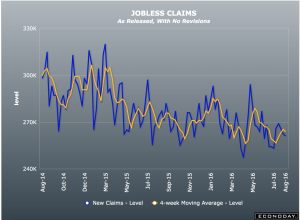 alysts believe that the jobless claims numbers will continue to remain similar throughout the next few months, as the economy continues to grow and the labor market improves.
alysts believe that the jobless claims numbers will continue to remain similar throughout the next few months, as the economy continues to grow and the labor market improves.